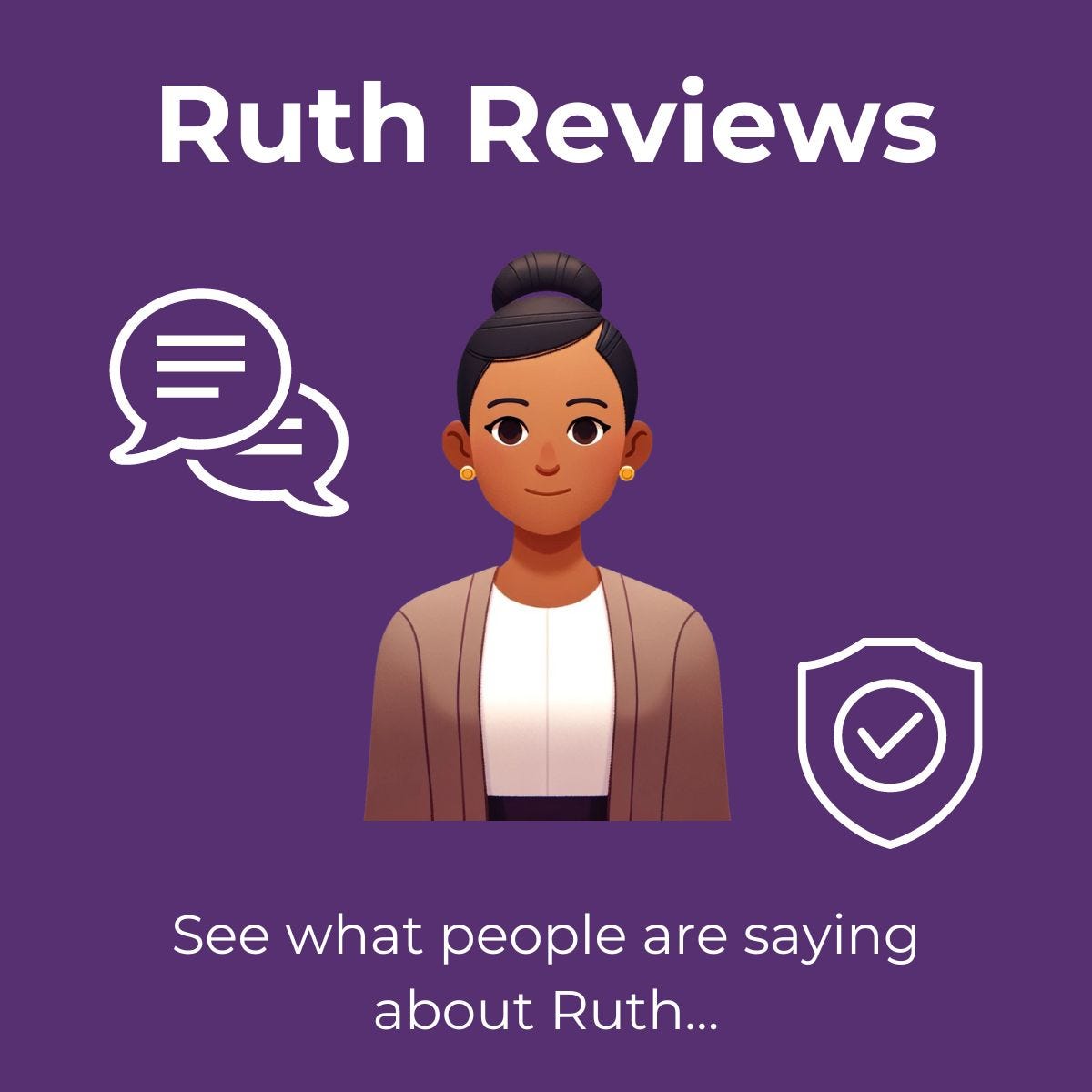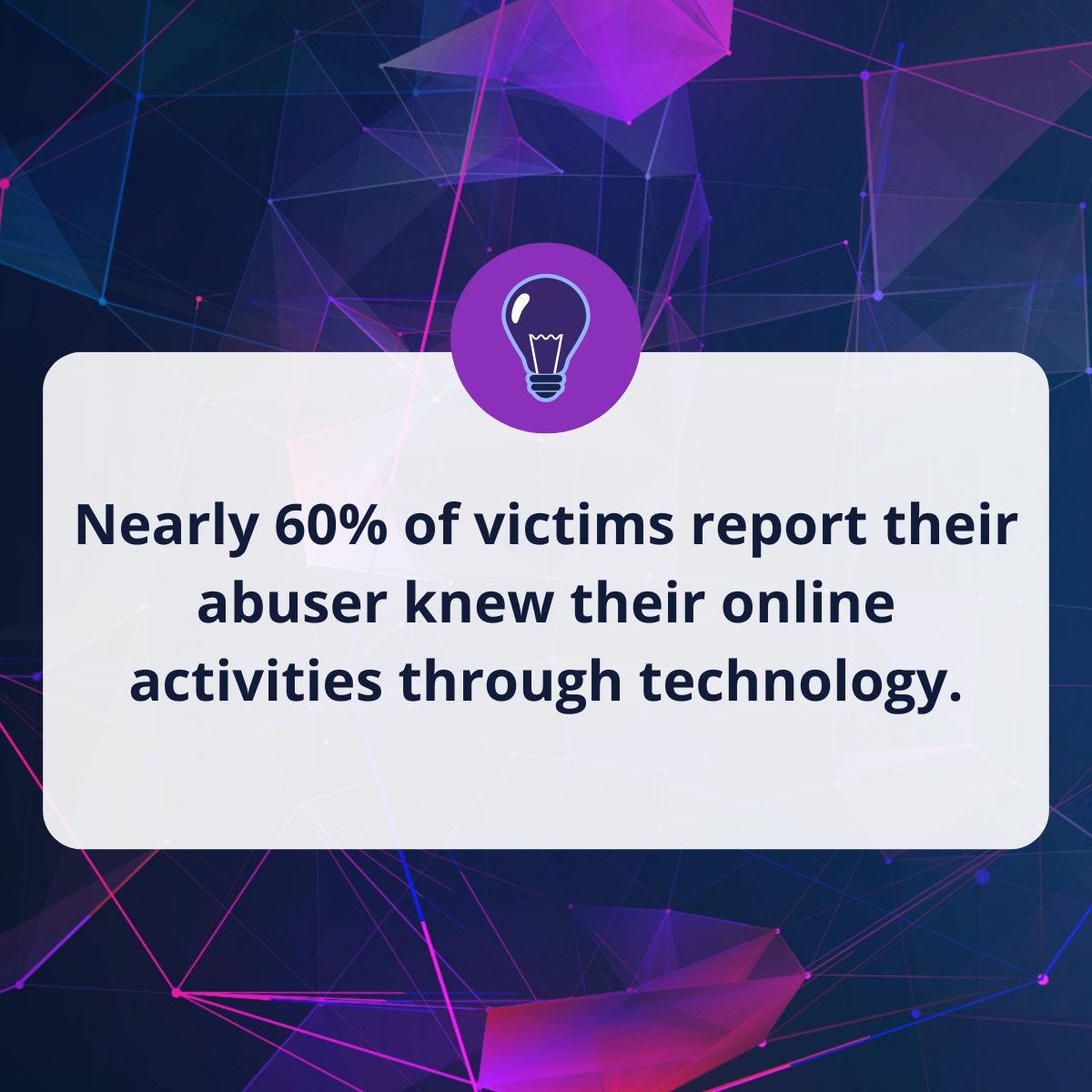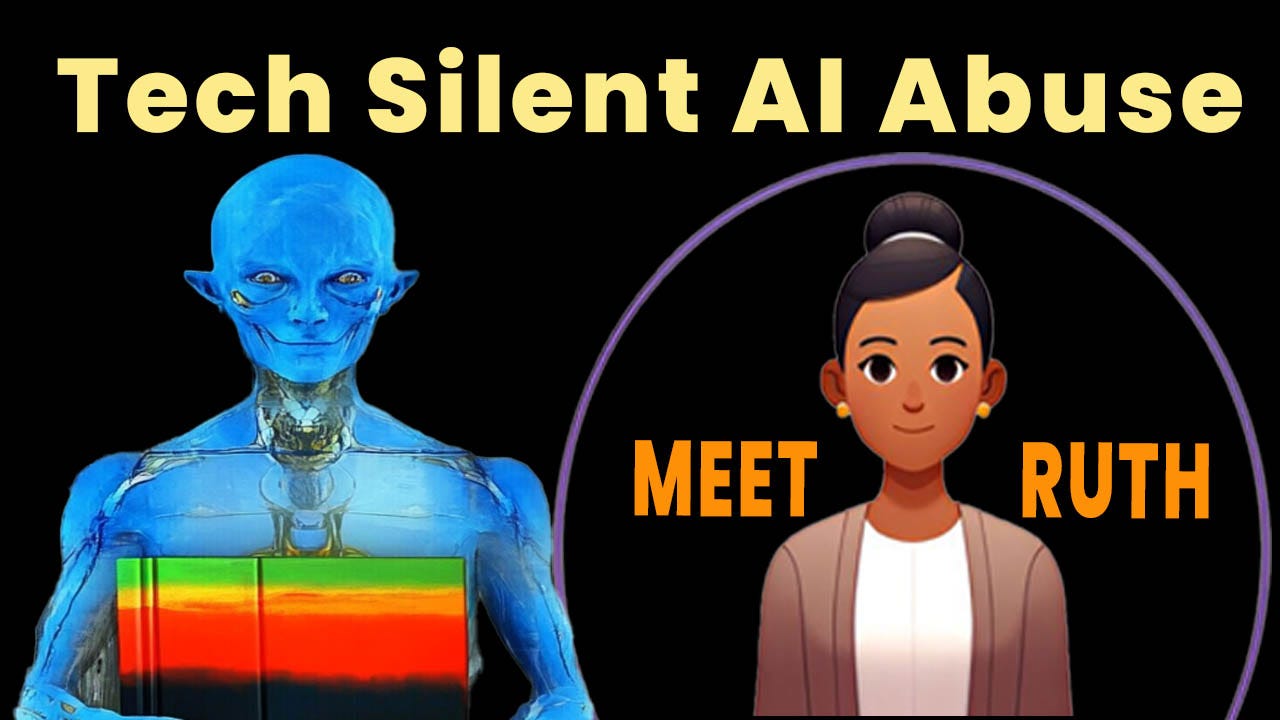RUTH: When AI Meets Purpose - A Different Kind of AI Startup Story
In a tech bubble dominated by billion-dollar valuations and data-hungry AI models, one startup is charting a much different course.
Meet RUTH, an AI-powered chatbot that helps people facing digital abuse and tech-enabled threats - and it does so without collecting a single piece of user data.
A Mother's Question Out of Policy?
The story begins not in a startup incubator or VC boardroom, but with a mother worried about her son's online safety.
Megs Shah, founder of Parasol Cooperative, recalls the moment that sparked it all:
"I was trying to keep up with my son playing video games, and I was worried about the whole sextortion thing.
So I went on to OpenAI, and I asked a question about how do you talk about sextortion with your teenager?
And it basically said, sorry, it's out of policy."
For Shah, a technologist with over 20 years of experience, this wasn't acceptable. "The technologist in me didn't accept that answer. And I was like, oh, hell no, this can't be."
Before diving into RUTH's journey, let's address the core elements that any purpose-driven AI startup should consider:
1. Business Model Alignment: Your structure (for-profit, non-profit, B-corp) should match your mission. For RUTH, non-profit status wasn't just an organizational choice - it was a trust signal to users.
2. Privacy by Design: In an age of data harvesting, consider if you actually need user data. Sometimes, collecting less can be your competitive advantage.
3. Customer-Centric Innovation: Start with real problems, not technology. RUTH began with a mother's concern about online safety, not a desire to build an AI chatbot.
4. Trust Architecture: Build trust through transparency, verified information sources, and clear boundaries. Your users need to know not just what you do, but what you won't do.
When Traditional AI Can't Help, Build Something New
This gap in AI assistance for sensitive topics led Shah to explore alternatives.
Working with different models and careful prompting, she discovered it was possible to create an AI system that could provide robust, helpful responses to questions about digital safety and abuse.
"We got it out to individuals that are in the field doing the work, to survivors that have actually been working with the organization...
and found that we can make this really robust tool," Shah explains.
The Purpose Driven Choice: Going Non-Profit
In the AI startup world, the typical playbook is clear: raise venture capital, collect user data, optimize for growth, and aim for a billion-dollar exit. Parasol Cooperative threw out that playbook entirely.
When Shah consulted with VC friends, their response was telling:
"Their comment was, this isn't a big enough market.
And to me to call something like this a market just makes me cringe."
Instead of chasing unicorn status, Parasol Cooperative made the choice to structure as a 501(c)(3) non-profit.
As Shah explains: "I wanted to actually show people that tech can be affordable.
Tech can be something that's accessible and solve real world problems in a way that is not going to break the bank."
The Privacy-First AI Shift
RUTH's most revolutionary feature is what it doesn't do: collect user data.
In an era where data is considered the new oil, RUTH operates with zero-knowledge architecture.
"When you go to our site to use Ruth, we do not collect any emails, we do not collect your name.
We even tell you don't give us all this information.
We don't need it. And when you exit the chat, the data goes away."
This isn't just a privacy feature - it's a safety feature. For people facing tech abuse or stalking, data privacy can be a matter of personal security.
Trust Through Verified Information
Instead of training on potentially unreliable internet data, RUTH relies on carefully vetted sources.
Sandy Skelaney, COO of Parasol Cooperative, explains their approach:
"We just want to make sure that it's screened using scholarly research, especially on being trauma informed, information that's publicly available information from national reputable organizations doing victim services work."
The Future: Tech That Protects
Today, RUTH is available in 34 countries and growing. But for Shah and her team, success isn't measured in user numbers or revenue growth - it's measured in lives protected and people helped.
"This problem is not specific to any gender, to any race, to any country," Shah shares.
"It's affecting every single one of us that has any kind of device that we carry."
Parasol Cooperative aims to expand RUTH's reach through strategic partnerships and institutional relationships.
Their goal isn't to become the next tech giant, but to get their protective technology "into as many hands as possible."
The Bigger Picture: A New Model for AI Startups
RUTH and Parasol Cooperative represent more than just another AI startup - they represent a different possibility for what AI companies can be.
In a world where technology is often weaponized against vulnerable people, they're showing how AI can be used to protect and empower.
Their approach - non-profit structure, zero data collection, verified information sources - differs from traditional startup wisdom.
By creating an AI system that users trust, they might just be building something rarer than a billion-dollar company.
As Shah puts it:
"Knowledge is power that no one can take away from you. And if we're able to equip you with that, then we've done our job right."
In a tech landscape often criticized for its "move fast and break things" mentality, RUTH stands as a powerful example of how to move thoughtfully and protect people.
It's a reminder that sometimes the most innovative thing a startup can do is to prioritize purpose over profit
Action Plan: Building a Purpose-Driven AI Startup
For entrepreneurs inspired by RUTH's model, here's a practical roadmap to follow:
1. Start with the Why
- Identify a real problem you deeply understand
- Validate the need through direct user engagement
- Define clear boundaries before building
2. Build Your Foundation
- Choose a legal structure that aligns with your mission
- Develop clear privacy and data policies
- Create an advisory board of domain experts
- Set up accountability measures
3. Design Your Solution
- Start with minimum viable protection, not just minimum viable product
- Build privacy and security into your core architecture
- Use verified, high-quality data sources
- Create clear user guidelines and expectations
4. Grow to Last
- Focus on impact metrics beyond user numbers
- Build strategic partnerships with aligned organizations
- Develop sustainable funding models (grants, partnerships, etc.)
- Document and share your learnings to help others
5. Scale with Integrity
- Maintain your core values as you grow
- Keep user trust as your north star
- Build systems for quality control and oversight
- Stay connected to your user community
There's room in AI for companies that prioritize protection over profit.
As RUTH demonstrates, sometimes the most revolutionary thing you can do is to build something that simply helps people feel safer in their digital lives.


















